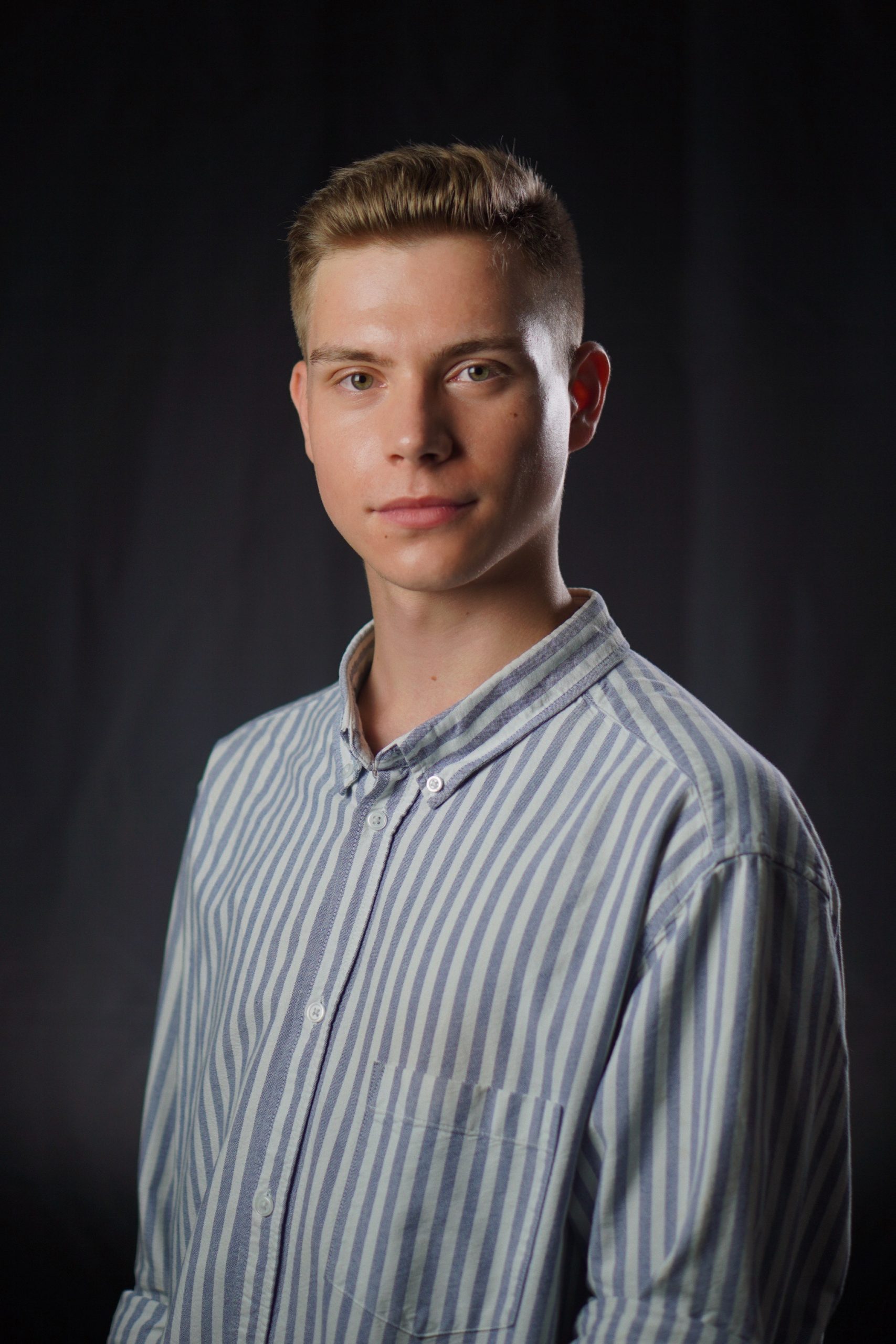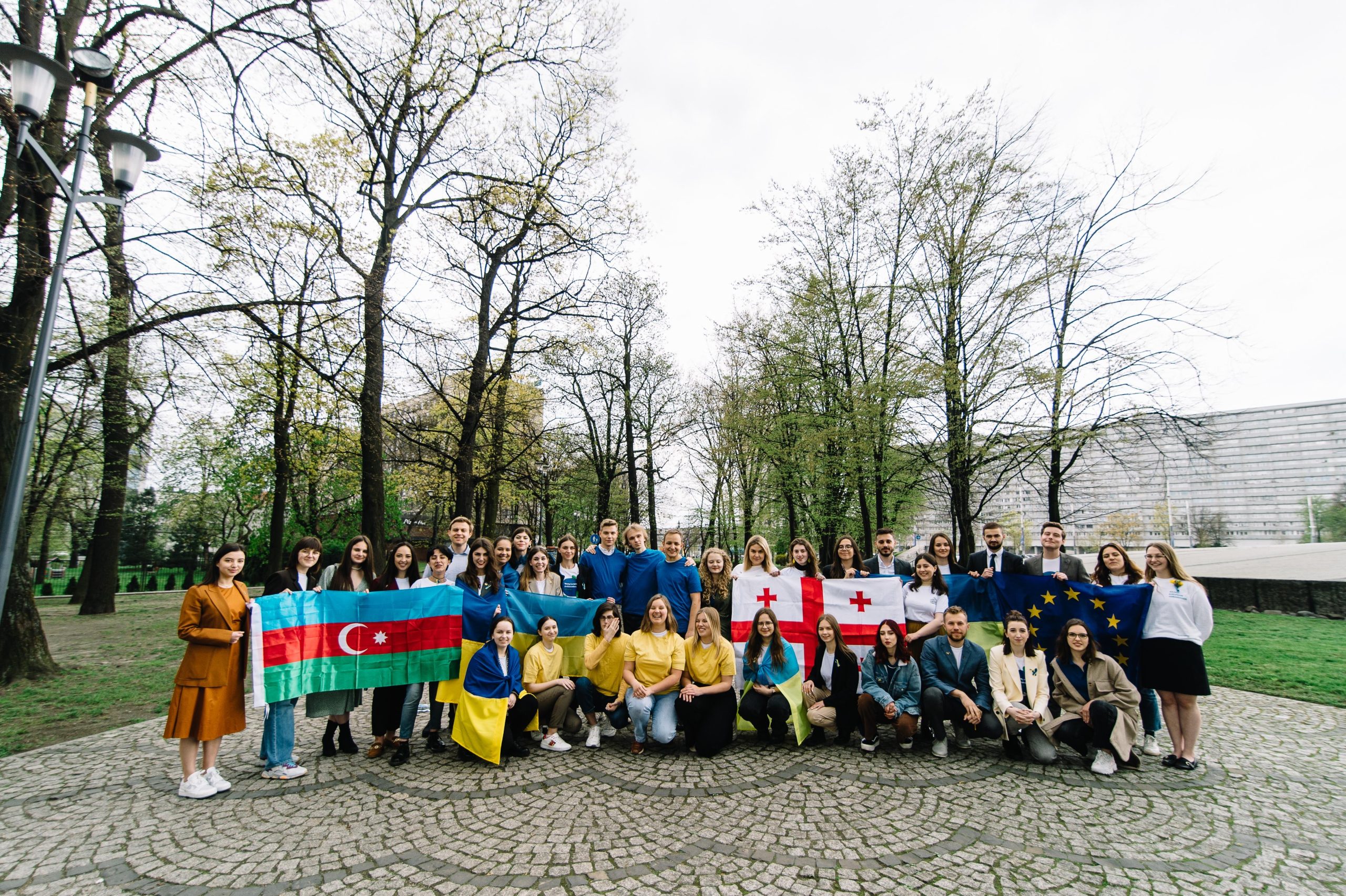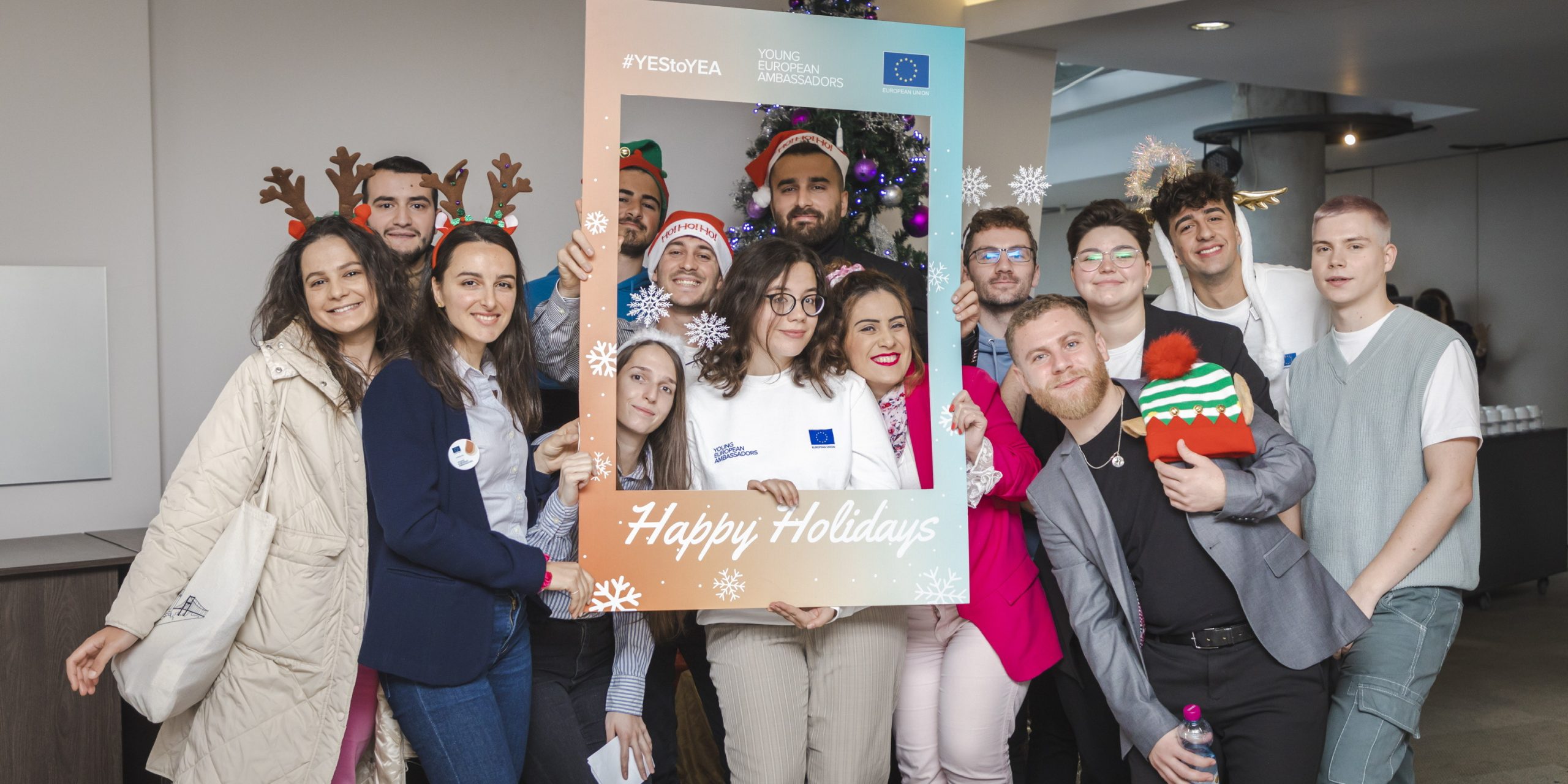
Uroš Milutinović
Uroš Milutinović started volunteering with local NGOs and the Red Cross when he was 15. In 2019, he was one of the organisers of the Skopje Youth Summit, an event that gathered youth from the Western Balkans to discuss a wide range of topics, including transitional justice and regional cooperation. In 2020, Uroš started studying political science at the University of Ljubljana to solidify his knowledge of regional and European politics. In 2021, he started working on a project with the Serbian National Youth Council to tackle the discrimination that LGBT youth suffer. Following this, Uroš continued his activism by contributing to promoting the human rights of marginalised groups in Serbia and beyond. He helped the Belgrade Pride team organise over 40 events during Pride Week in September 2021.
Tell us about the opportunities you’ve had in your studies
My university in Ljubljana is well integrated into many European University networks. It has many partnerships, one of which is through the Erasmus Exchange programme with the University of Bauhaus in Weimar, Germany. Bauhaus University is famous for its summer schools, but last year was the first time they organised a spring school. Via the university newsletter I found out that our university allowed a number of students to join this spring school and I applied with my best friend and we got accepted.

How was the Erasmus exchange experience at Bauhaus, and how did it help your professional development?
It was interesting. It had a specific focus on how the female body became political, which was not something that I had explored before. It was also my first time visiting Germany and exploring that part of Europe. I was travelling with my best friend, so it was an incredible experience in every possible way. But it was also very educational. As a person who was born a man, I didn’t have the best perspective on what it is like to be a woman and how women get criticised and the pressure that they feel regarding their bodies and how it has become a political hot topic, especially in Europe. So the Erasmus exchange was an extremely educational experience that helped me get a new perspective on misogyny and the history of how women have always been used as political weapons, disregarding their wishes and rights.
You seem to be passionate about the topic that you are studying; why did you choose to study political science?
Before I chose where I would study or what I would study, I had a lot of preparation. I was involved in a lot of nongovernmental organisation work: I volunteered a lot, and I was part of many different projects that helped me get a sense of how important politics is for regular citizens as many decisions are made in our name by the people we elect. Politicians do not always make decisions that we agree with. And when the general public is not knowledgeable about or interested in specific topics, politicians can get away with things. I think the situation is a bit different in EU countries, but it is more problematic in Western Balkans. Our political systems sometimes don’t work in the best interests of young people or women.
As I began volunteering and working on positively influencing society early in my life, I realised how powerless I was in doing that. I realised that it is difficult to have a positive influence without structural support, organisation or knowledge. So, on a quest to be more able to influence and change things, I continued volunteering and being involved with NGOs, and later decided to study political science.
Your education and life journey so far has also been marked by activism engagements: what led you to this?
I grew up as a gay person in a small town in a rural area of Serbia. That proved to be highly challenging: I faced a lot of bullying and discrimination, but mainly what led me to a path of activism was that our institutions were failing people like me. There was no appropriate support: I could not go to my school counsellor or teachers and complain about these issues because there was no structure in place to help us. Even if an individual working in one of these institutions – for example, in my school – had been willing to help me, they really could not do much because the discrimination was so pervasive in every sector of the institution. I was also hearing many things about other minority groups who were being treated similarly.
As I wanted to educate myself, I joined organisations that are not very well accepted in society. My parents were not very happy that I was engaging in that work, but once I took a step in that direction, my eyes were open, and there was no going back.

You are also a Young European Ambassador (YEA). Why did you decide to become one, and how is it going?
The Western Balkans are so divided by national, ethnic, and cultural borders. There is just too much division and consequently, I knew very little about the culture of surrounding ethnic groups and countries. Our lives are different and so distant, yet we are so close. Meanwhile in the EU, so many cultures with a history probably more violent than Western Balkans’ are cooperating and functioning at a level that has never been seen in history. The most powerful nations of Europe are on friendly terms and entirely in a partnership that benefits everybody involved.
When I saw the first generation of Young European Ambassadors, I thought that this was a fantastic opportunity provided by the EU to help unite the Western Balkans and bring the region closer to EU standards. I fell in love with the idea. So, I took the chance and applied, and here I am. The experience has been enjoyable; I have met many like-minded people and different-minded people from all over the Balkans. I have had a chance to meet people from countries and regions that I never thought that I would – such as young people from Georgia and Azerbaijan – and I had an opportunity to compare not only our YEA networks but also the regions themselves and how our networks were doing essentially the same thing in a different situation.
Photo credits: Uros Milutinovic
Please wait while your video is being uploaded...
Don't close this window!